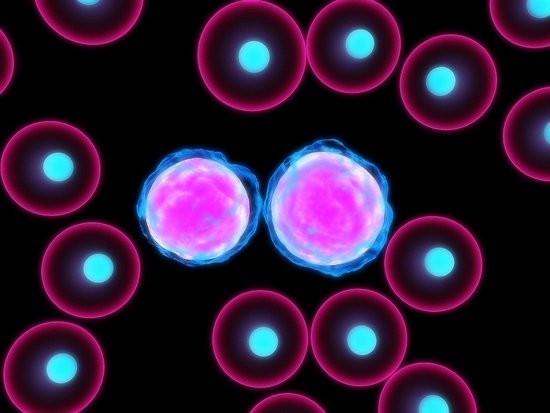
Recently, a research report published in the International Journal of Clinical Investigation, a researcher from the Fred Hutchinson Cancer Research Centre conducted an experimental immunotherapy against malignant leukemia. Clinical trials, through which the researchers obtained very unexpected results.
In the trial, the researchers studied 29 patients with advanced leukemia who had exhausted all available treatments. After conducting this clinical trial, the researchers found that 27 patients had entered the remission phase. That is to say, the success rate of the therapy reached an incredible 93%, and one of the patients who failed in the first trial, the patient's condition also eased when the second trial increased the drug dose.
The trial was only an early trial, and not all patients had their condition resolved. However, the researchers believe that this is a step closer to developing effective treatments for leukemia; the researchers point out that there is no response to other therapies. The patient may respond well to other treatments. Cameron Turtle pointed out that patients entering clinical trials really limited the means of treatment, but in fact they got a good response and their condition was relieved.
The researchers point out that this new type of therapy uses the body's own immune cells to track cancer cells. In theory, our body's immune cells do this, but the body's T cells do not always detect cancer cells in the blood. Once a tumor is formed, cancer cells take a variety of ways to hide themselves. In order to overcome the "trick" of cancer cells, the researchers extracted the body's T cells from the patient's blood samples, and then engineered them to contain a special molecule called the chimeric antigen receptor (CAR). This receptor is very important because it recognizes and targets cells that carry the specific marker molecule CD19.
Researchers can then create a variety of new and improved T cells, which researchers call "CAR T" cells, so that these cells are enough to be injected into the patient's body, helping patients track and attack the body. Leukemia cells. The current findings are very impressive. After several weeks of treatment, the researchers used high-sensitivity detection methods to detect no leukemia traces in the bone marrow of 93% of patients.
The researchers said that it is still too early to talk about the long-term effects of this new type of therapy on patients' remission. This study only studied a limited number of samples. Some patients relapsed after initial treatment, and some patients had side effects. It is also more obvious. Later researchers hope to conduct a number of more in-depth studies to clarify the long-term benefits of this new treatment and the mechanism of action of the therapy.
Frozen Mahi Mahi fillet,skinless and skin on,IQF,
Mahi Mahi Fillet,skinless&skin on,IQF,Fresh Mahi Mahi Fillet,Frozen Mahi Mahi Fillet
Zhoushan Junwei Aquatic Products Co., Ltd. , https://www.junweiaquatic-intl.com
